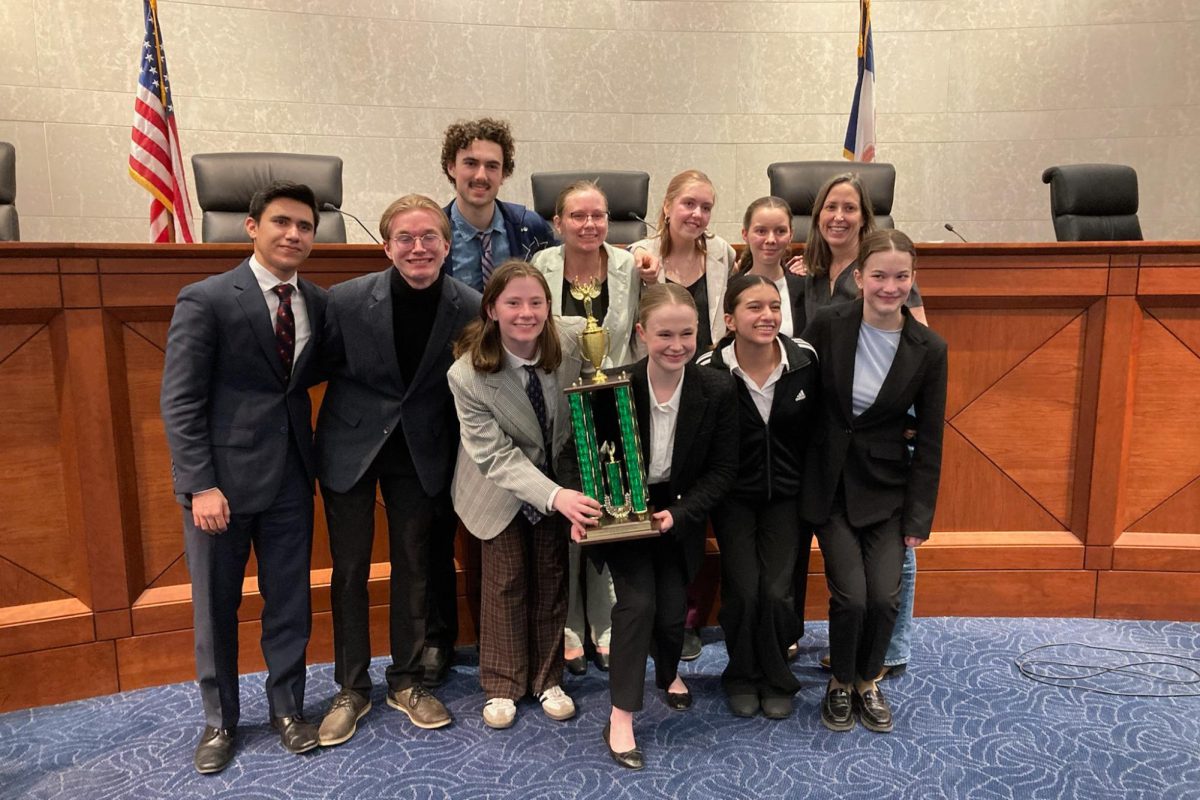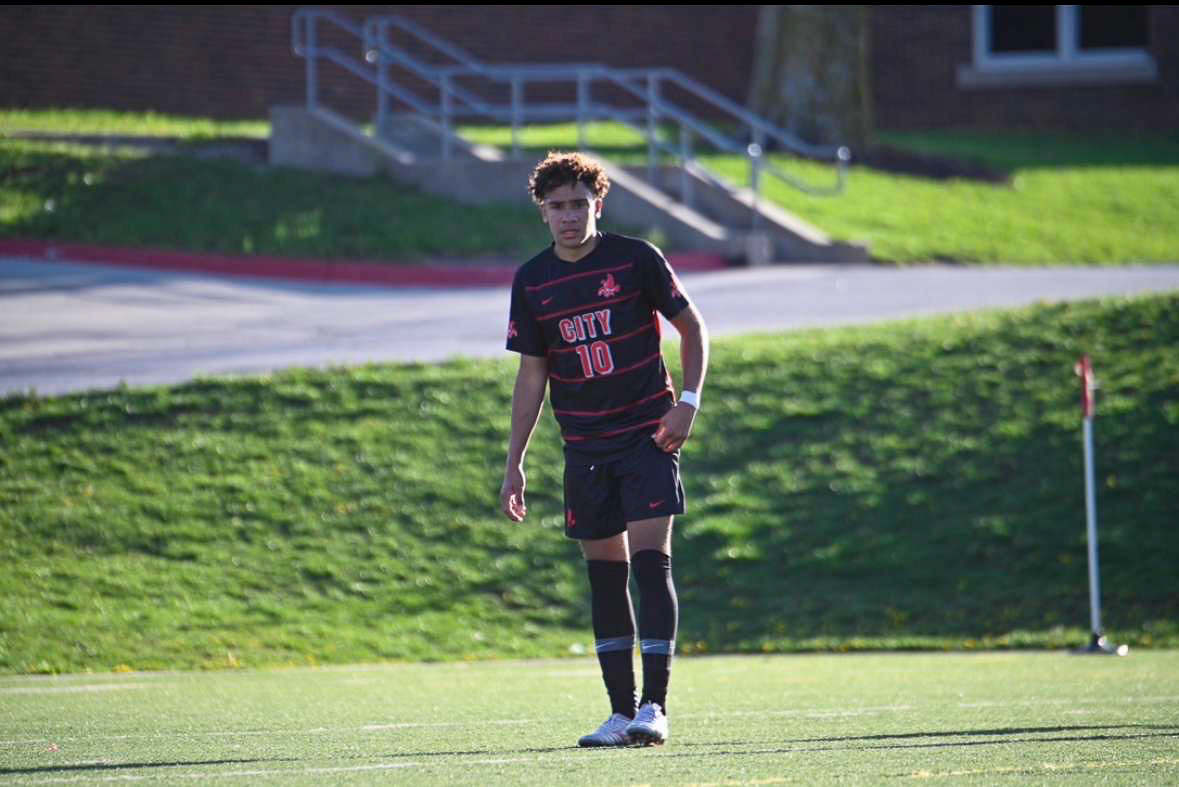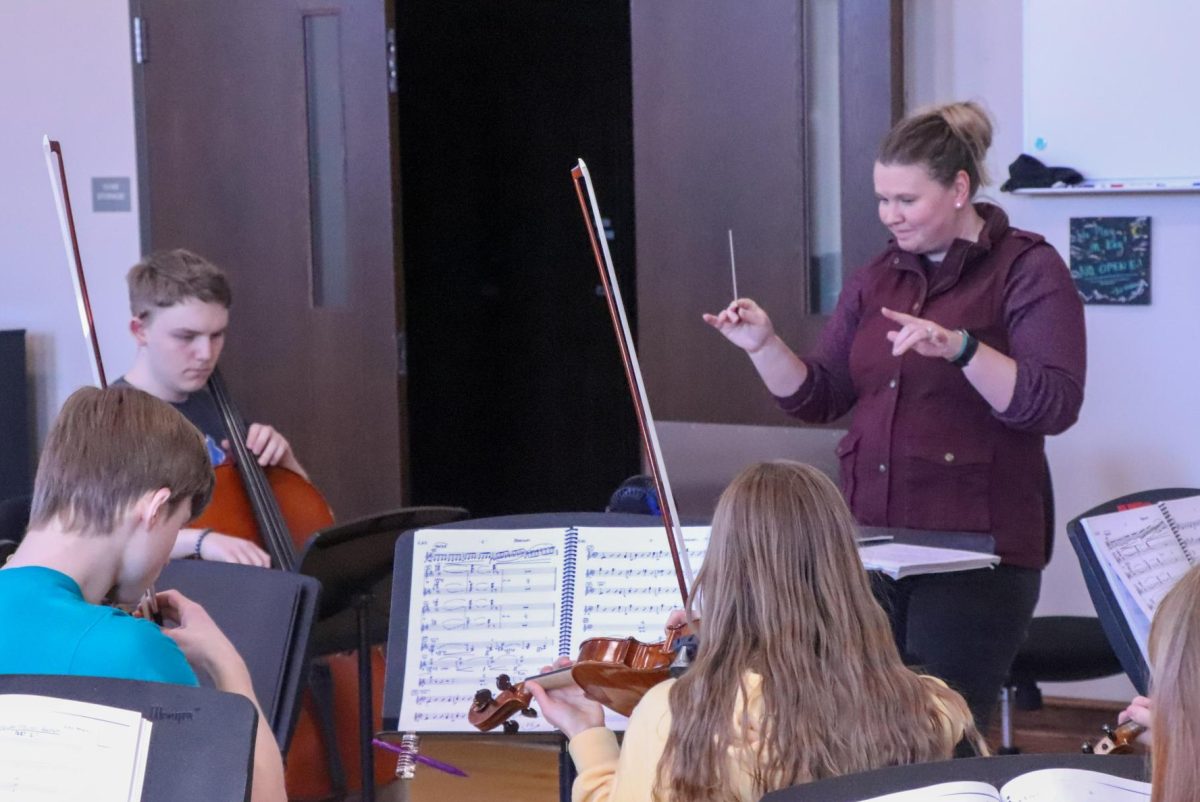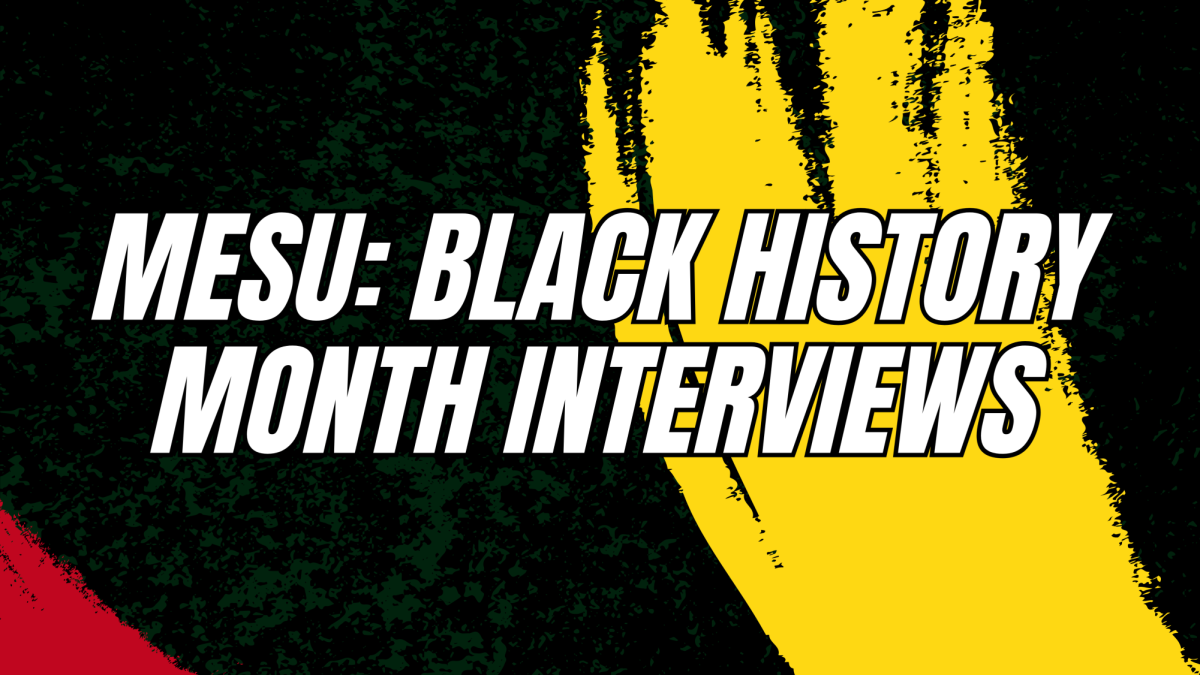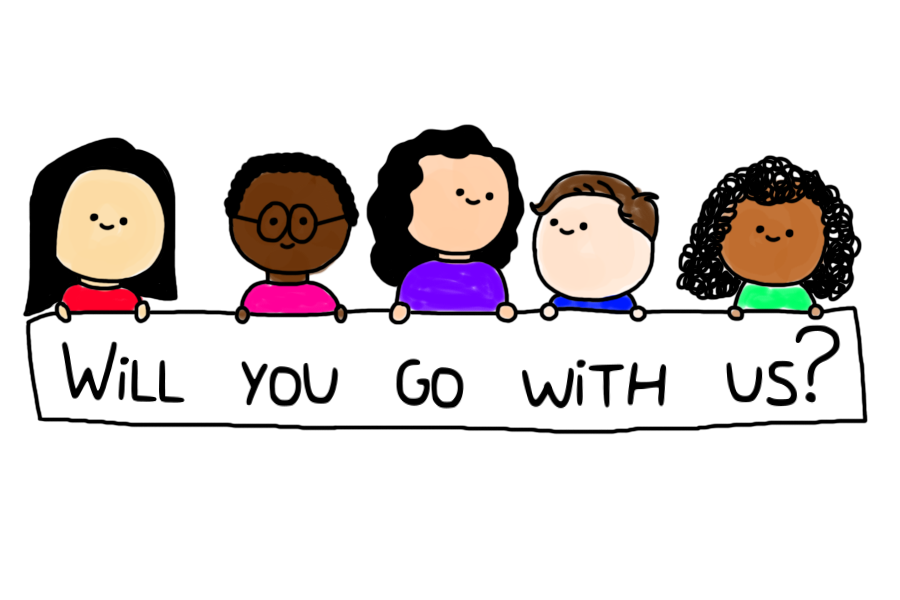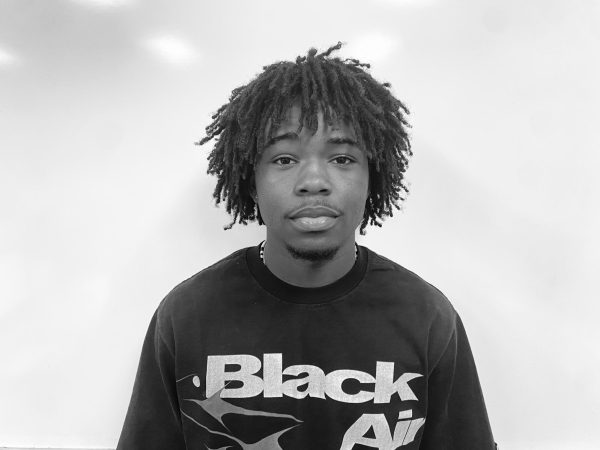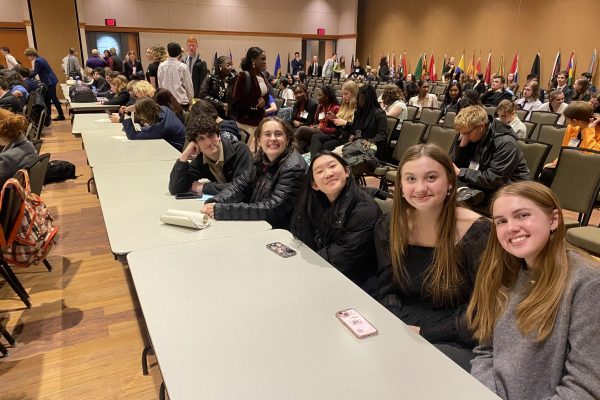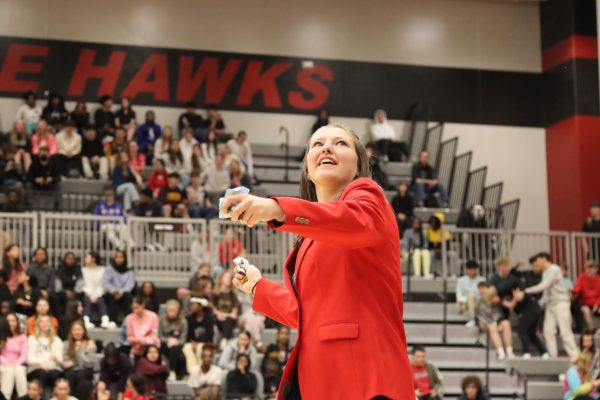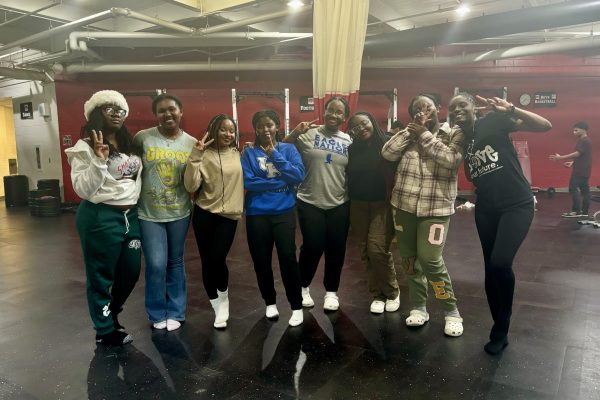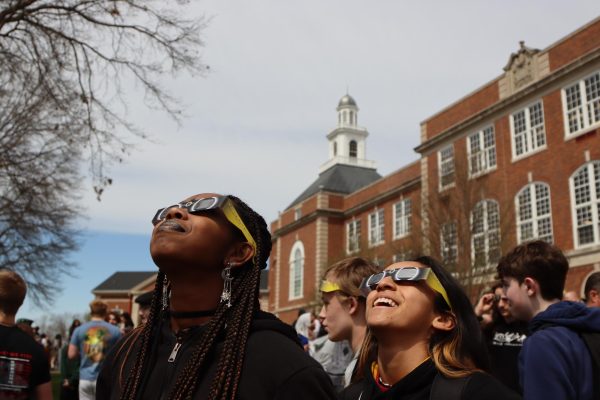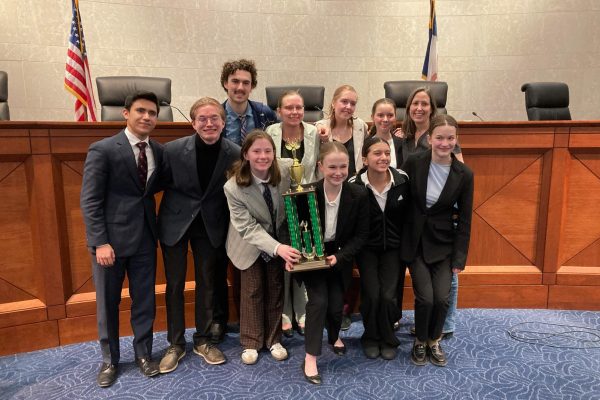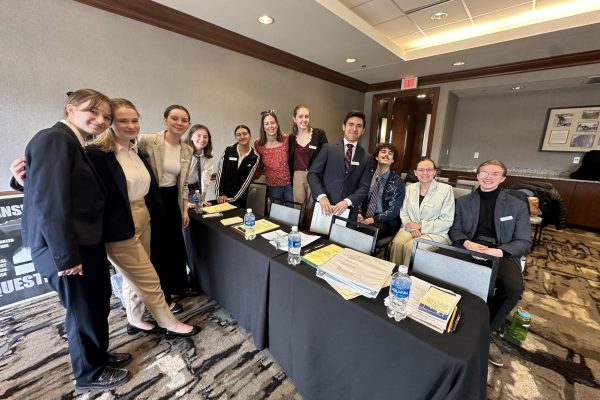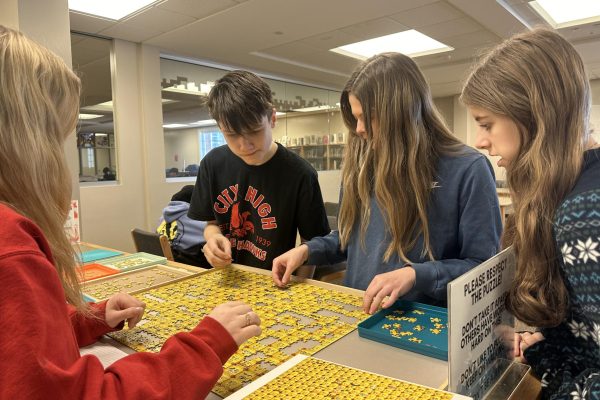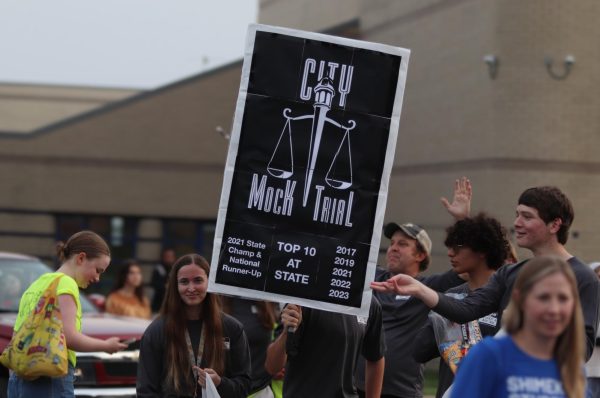City’s ‘Yule Ball’ Takes a Step Toward a More LGBT+ Friendly Community
December 2, 2016
The Winter Formal is heading our way again. Last year, it carried a tagline that made some students feel ostracized. This year, the school’s making a change.
“[Sadie Hawkins is] implying that everyone is heterosexual and that everyone identifies as a girl or a boy, which is isn’t the case at all,” Xeniphilius Tyne ‘20 said. “That needs to be changed [so] people can recognize that there’s more than that.”
The change began back in January when some students felt that girls asking boys to the dance was restrictive, especially of people who are gender non-binary or not heterosexual.
As the dance approached this year, the EQuAls Club (City High’s Gender and Sexuality Alliance) brought concerns to the attention of Student Senate, resulting in the change.
“This year we’re having it be an ‘anyone ask anyone’, so it’s more inclusive of…everyone who would want to go,” said Ailsa Burke ‘17, the head of the dance committee. She added, “I’m obviously glad [the Equals club] brought it to [our] attention, because…I never would’ve thought about it being a problem.”
The new tagline means exactly what it sounds like–everyone is encouraged to ask any person of their choosing, with no intention to leave out any student. Many feel strongly that the new slogan is a big improvement.
“It [makes] it so that anyone is okay with asking anyone out,” Mituna McMahon ‘20 said, adding, “it’s also not [forcing] any kind of gender-specific roles onto anyone or saying that anyone’s a certain gender.”
However, other students debate the rigidity of the phrase.
“You don’t really have to follow the rules of the ‘girls ask boys,’” Timmer Penny ‘19 said. “It’s just a thing.”
Daphne Knoop ‘20 agreed on the term’s laxity.
“Even when there’s not a ‘girl-ask-boy’ rule, girls ask boys,” Knoop said, “and…anyone asks anyone. For a regular dance, too.”
Knoop also believed it was progress for women.
“It is a nice feminist move because it’s definitely breaking the regular gender-bounds of dances.”
Other students embraced the complexity of the issue.
“The concept of the dance in general is definitely important, because of the feminist [aspect] of it,” Tatum Hills ‘18 said. “I think that’s kind of tricky, finding a balance between…the women’s rights that [go] along with Sadie Hawkins and finding a way to not exclude people.”
‘Sadie Hawkins’ is definitely a phrase with an odd–and in some aspects, paradoxical–history. It was first used in a decidedly not-feminist context; in 1937 the term was created to commemorate a comic strip featuring Sadie Hawkins, a character who was so ugly she couldn’t find a husband and was forced to chase around a group of eligible bachelors until she caught one.
‘Sadie Hawkins’ is often considered an empowering concept for women. The term has turned itself around into a symbol of feminist values. It is only recently that people have started to reexamine its origins and the issues concerned with its history.
But with the dance’s new slogan, City High is working toward what the Student Senate sees as equality.
“It allows people of different genders and different sexualities to feel more comfortable,” Tyne said. “Especially with people who are non-binary, it’s no longer a reminder that they’re not usually considered valid by society. It’s something that allows you to feel like you’re a normal person.”





